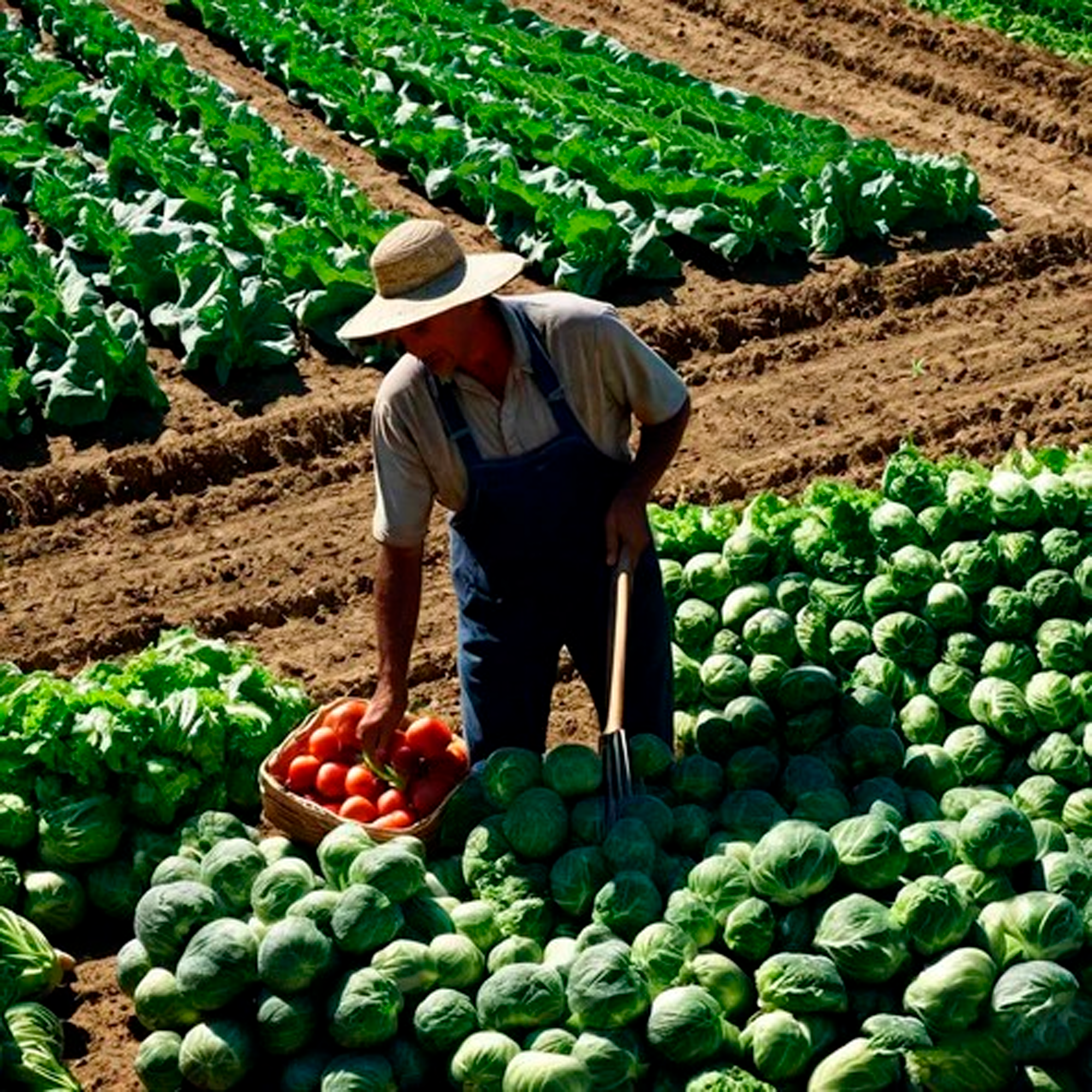Add Life to Your Home With These Home Garden Ideas
Choose the right location for your garden:
The best location for a garden depends on the type of plants you plan to grow, the amount of sunlight and water available, and the size of the space you have available. Consider the amount of sunlight the area receives, the soil type, and the amount of water available. You may also want to consider the amount of space you have available, as well as the amount of time you have to devote to gardening.
Choose the right soil for your garden :
The type of soil you choose for your garden will depend on the type of plants you plan to grow. Different types of plants require different types of soil, so it is important to choose the right soil for your plants. Consider the pH level of the soil, the amount of organic matter, and the drainage. You may also want to consider the type of fertilizer you plan to use.
Make sure your soil is well-drained :
Good drainage is essential for a healthy garden. Make sure your soil is well-drained by testing it with a shovel or garden trowel. If the soil is too wet or too dry, it can affect the health of your plants. You can also add organic matter such as compost or mulch to help improve the drainage of your soil.
Add organic matter to your soil :
Adding organic matter to your soil can help improve the health of your plants. Organic matter helps to improve the structure of the soil, increase the amount of nutrients available, and improve drainage. Compost, manure, and mulch are all great sources of organic matter.
Choose the right plants for your garden :
Choosing the right plants for your garden is essential for a successful garden. Consider the amount of sunlight and water available, the type of soil, and the amount of space you have available. Research the plants you are considering to make sure they are suitable for your garden.
Choose the right plants for your garden :
Choosing the right plants for your garden is essential for a successful garden. Consider the amount of sunlight and water available, the type of soil, and the amount of space you have available. Research the plants you are considering to make sure they are suitable for your garden.
Water your plants regularly :
Watering your plants regularly is essential for their health. Different plants require different amounts of water, so it is important to research how much water each plant needs. Make sure to water your plants deeply, as shallow watering can lead to shallow root systems.
Fertilize your plants :
Fertilizing your plants can help them to grow and thrive. Different plants require different types of fertilizer, so it is important to research the type of fertilizer that is best for the plants you are growing. Make sure to follow the instructions on the fertilizer package for the best results.
Prune and trim your plants regularly:
Regular pruning and trimming of your plants can help them to stay healthy and look their best. Make sure to research the best pruning and trimming techniques for the plants you are growing. Pruning and trimming can help to promote new growth and encourage flowering.
Control pests and diseases:
Pests and diseases can cause damage to your plants and reduce their yield. Make sure to research the pests and diseases that are common in your area and how to control them. You can use natural methods such as companion planting and beneficial insects, or you can use chemical pesticides and fungicides.
Monitor your garden regularly :
Regularly monitoring your garden can help you to identify any problems early on and take action to prevent further damage. Make sure to check your plants for signs of pests, diseases, and nutrient deficiencies. You should also check the soil for moisture levels and adjust your watering schedule accordingly.


Leave a comment
This site is protected by hCaptcha and the hCaptcha Privacy Policy and Terms of Service apply.